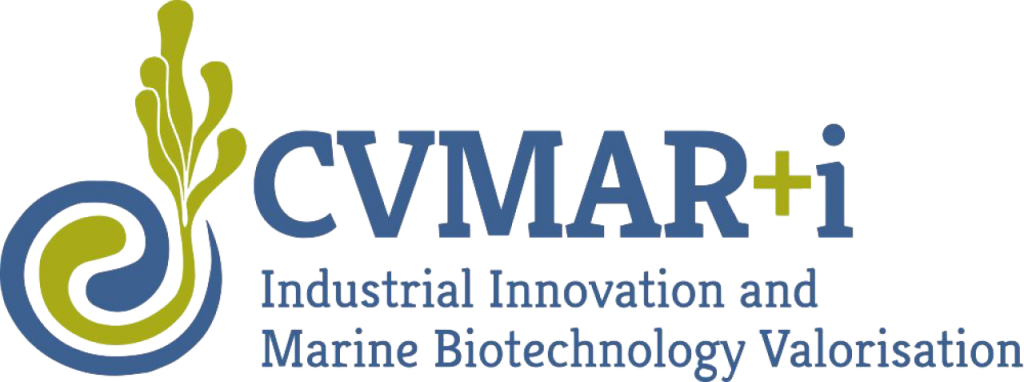

Group Leader
Joana Almeida é Investigadora Auxiliar (CEEC Ind) e líder do Grupo de Investigação “Interfaces Oceânicas Bioinspiradas” no CIIMAR. Licenciou-se em Biologia Marinha (2006, Universidade dos Açores) e obteve o doutoramento em Ciências Biomédicas (2012) pelo ICBAS – Universidade do Porto. A sua carreira científica foi consolidada com uma bolsa individual de pós-doutoramento pela FCT (2013-2017) e uma posição de Investigadora Júnior no CIIMAR (2018-2022).
Os seus interesses de investigação situam-se na interseção da biotecnologia marinha, ecologia e saúde ambiental. Foca-se na exploração de estratégias químicas e biológicas usadas na natureza (biomimética) para aplicações biotecnológicas. O seu objetivo é desenvolver tecnologias ecoeficientes que utilizem produtos ambientalmente compatíveis, com potencial de aplicação em vários setores da indústria marítima.
O seu trabalho tem-se centrado em interfaces oceânicas naturais e artificiais, incluindo:
- Ecologia das Comunidades de Bioincrustação Marinha: Investigação da composição e dinâmica das comunidades bioincrustantes que se formam em superfícies marinhas submersas.
- Bioprospeção de Compostos e Matrizes Antifouling: Exploração de fontes naturais para compostos e biopolímeros antifouling, com o objetivo de desenvolver novas tecnologias antifouling bioinspiradas.
- Comunidades Microbianas em Interfaces Humano-Oceano: Estudo da diversidade das comunidades microbianas em ambientes onde as atividades humanas se encontram com o oceano, avaliando o impacto destas comunidades na saúde e bem-estar das populações costeiras e dos utilizadores do mar.
EQUIPAS DE INVESTIGAÇÃO:
Interfaces Oceânicas Bioinspiradas










